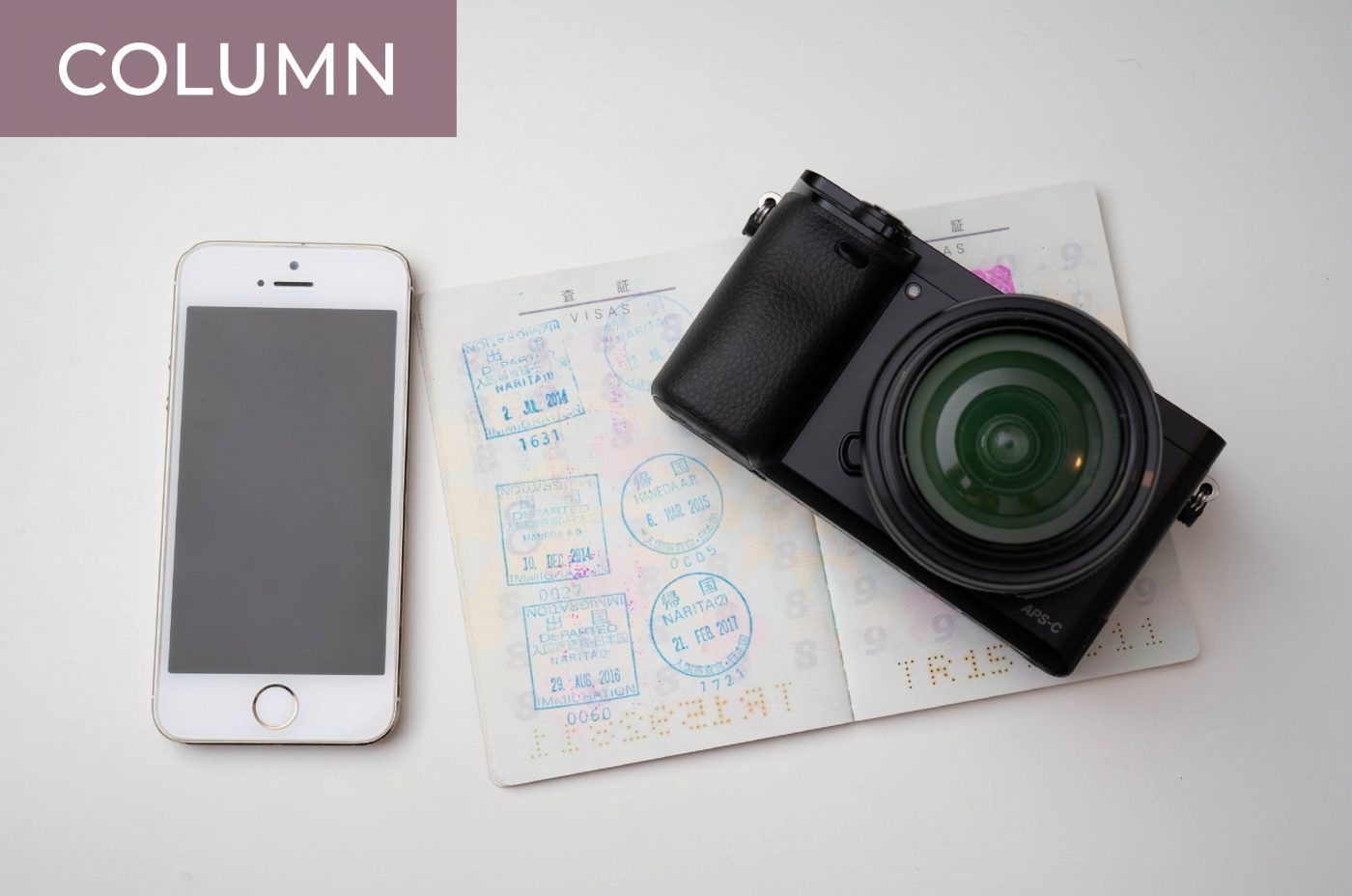The first time I traveled to another country without a basic understanding of the local language was when I went to Thailand in 2012. Growing up in California, I had some basic Spanish knowledge to use during trips to Mexico. Before my first trip to Japan, I had a year of language study under my belt.
Thailand, however, was different. I didn’t know a single word of Thai, and since I was visiting for just a brief vacation, I only had a limited amount of time to learn at least a few useful words before the trip.
So I devised a simple plan. Instead of giving up and going in blind, I decided I’d master the pronunciation and nuances of what I believed to be the three most important words a tourist would need to make a good impression. Anything else I picked up would be a bonus.
Based on my personality and prior travel experience, I figured that the most important words to learn were “hello,” “excuse me,” and “thank you.” Of course, these three words aren’t even enough to make a proper sentence, but they are enough to show one’s manners, character, and willingness to learn. Those traits go a long way when visiting a new country. Knowing these words generated a lot of smiles and good will during my brief time in Thailand, and I repeated this success when I visited Korea in 2018.
If you find yourself in a similar situation before visiting Japan, I’m sure these three words will serve you well here too. In fact, you probably already know at least two of these words. However, there are some tips and nuances about their use that you should consider, and that’s what I’ll share below.
Saying Hello
As you may have guessed, the most practical way to say hello in Japan is konnichiwa. That being said, upon arriving in Japan, you’ll also hear ohayo gozaimasu (good morning) and konbanwa (good evening). Be ready for these additional expressions, but if you have trouble recalling them when you need to speak, simply relying on konnichiwa at all times won’t cause any international incidents.
Getting Attention and Excusing Yourself
As you travel throughout Japan, there will be plenty of times when you need to get attention, especially from shop or restaurant staff. So, it’s imperative to learn sumimasen to say “excuse me.” As a bonus, sumimasen can double for saying “I’m sorry” when you need to apologize—bumping into someone in a crowded train station, for example. Uttering a soft-spoken “sumimasen” is also a great way to alert people of your intentions when wading through the crowded isles of a busy store.
Showing Gratitude
Another world-famous Japanese word, arigato (thanks), is critical for making a good impression. However, on its own, arigato is casual. If you find yourself in a more formal situation, you’ll want to say arigato gozaimasu. Simply adding gozaimasu goes a long way to show that you’re attempting to understand the nuances of the Japanese language, and people here will appreciate that.

More than Mere Words
For a language with a working vocabulary of thousands of kanji characters and tens of thousands of vocabulary words, learning three words may seem no better than learning any at all. However, this isn’t the case. A single word communicates so much more than its face value. Greeting and thanking people with a smile communicates your character and shows that you invested time and effort in learning what you should say in common social situations. These simple three words will help you create fond memories while traveling in Japan, and mastering them is well worth the effort.





